by Eric Niderost
Myth can of course distort as well as exalt, and the stories of the Richard, the English King, and King Saladin, the Kurdish Sultan have created stereotyped caricatures of the two great protagonists. (Read more about the characters and leaders that defined world history inside the pages of Military Heritage magazine.)
King Saladin, a Kurd, was born in 1138. His father and uncle were soldiers, so a military career was a natural choice when he reached maturity. By the time he was in his late twenties he was in the service of Nur-al-Din, Lord of Mosul, a potentate who was in the process of unifying Islam by the sword. Syria was added to Nur-al-Din’s empire in 1166, and Egypt was invaded. After much political infighting and intrigue Saladin became the virtual ruler of Egypt in 1169, though technically he still owed allegiance to Nur-al-Din.
King Saladin’s Shifting Loyalties
Nur-al-Din Zangi died in 1174, and the throne of Mosul passed to his 11-year-old son al-Salih. Saladin declared loyalty to the boy ruler, but his devotion proved short-lived. When some prominent citizens from Damascus urged Saladin to wrest control from the weak hands of a stripling, the Sultan responded with alacrity.
By 1176 Saladin had defeated the Zangi dynasty, but not without personal cost. At Aleppo some Zangi partisans got in touch with the Hashishin in a last-ditch attempt to stop Saladin. The Hashishin were a secret terrorist society that performed political murders to achieve their ends. It was alleged that they took hashish before they did their dirty work, slaying victims in a drug-induced frenzy. Europeans called the Hashishin “Assassins,” a name which gave this diabolical group a sinister kind of immortality.
A Man of His Times, Not Ours
The assassins made an attempt on King Saladin’s life, but though wounded, he survived the assault. The Sultan’s path to full power was cleared when al-Salih, then 19, died under somewhat suspicious circumstances. By 1183 the Sultan of Egypt was also master of today’s Syria, Jordan and Iraq. In some ways the capture of Jerusalem was Saladin’s finest moment. In contrast to the brutal Crusader takeover of 1099, the Sultan refused to massacre its inhabitants or even tear down the Church of the Holy Sepulchre as some had urged him to do.
Saladin was genuinely compassionate to the downtrodden, but he was also a man of his times, not ours. In 1191 he had a Muslim “heretic” strangled and crucified, and certainly showed no mercy to the Templars and Hospitallers taken at Hattin. Saladin was capable of great kindness but also great cruelty, though the latter must be seen in the context of the 12th century.
Richard the Lionheart
Richard the Lionheart was born September 8, 1158 in England, son of Henry II and Eleanor of Aquitaine. The Angevin empire Richard inherited from his father was a large one, with territories that included England, Normandy, Bittany, Anjou, the County of Poitou and the Duchy of Aquitaine. Philip of France was technically Richard’s liege lord for the territories on the Continent, but in practice Lionheart was an independent prince.
Although born in England, Richard was raised at his mother’s court at Poitiers, the capital of Poitou. Eleanor encouraged music and poetry, and her court was civilized and sophisticated by 12th-century standards. She was a patron of the troubadours, literally “finders,” who were discovering a new brand of poetry that celebrated the joys and sorrows of romantic love.
Not Just a Mere Brawler
The Lionheart of legend was a mere brawler, a warrior-king born and bred for war. Certainly, Richard was a great soldier whose military exploits were justly famed, but he also had a cultivated side that’s rarely discussed. He spoke Latin fluently and was known to have written poetry. He was not a great poet, but samples of his work show he was not unaware of the developing troubadour tradition.
Richard has been taken to task for being an absentee king, a monarch who barely spent six months in England out of a reign that spanned a decade. The charge is true, but it must be remembered Richard was a medieval monarch who thought in feudal terms. England was only one part of an Angevin empire that covered much of northern and southwestern France. It was his duty to maintain and defend his holdings from such rapacious neighbors as Philip of France. The concept of being King of the English “nation” would be an alien one to both Richard and his contemporaries, especially when most of the citizens of that nation were peasant serfs far beneath their notice.
French, Not English
Lionheart was born in England, but he was not English by blood or breeding. Raised at Poitiers, he spoke the Poitou dialect of French as his native tongue. It’s even possible Richard associated England with his father Henry II, a man with whom he was often at odds.
For all their differences the Kurdish Sultan and English King shared common traits. As Geoffrey Regan says in his book Lionhearts: Richard I, Saladin, and the Era of the Third Crusade, “Saladin and Richard shared the qualities of ‘Lionheart’ to a greater or lesser extent: courage and nobility, pride and generosity, greatness of spirit and humility.”
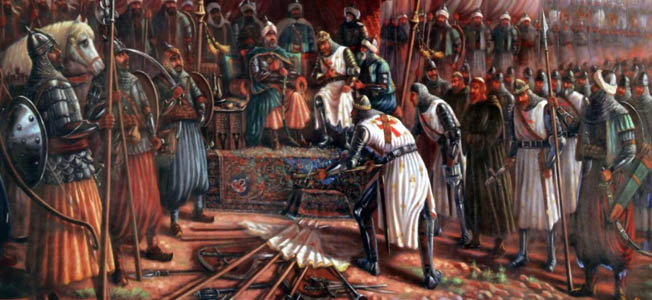
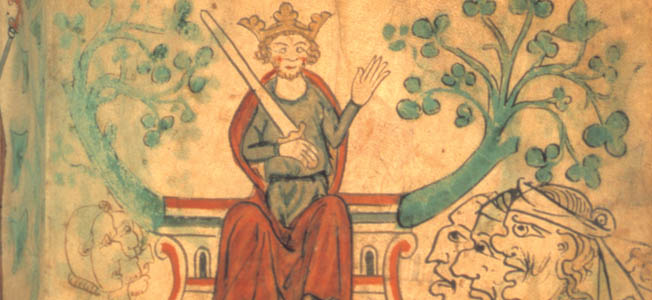
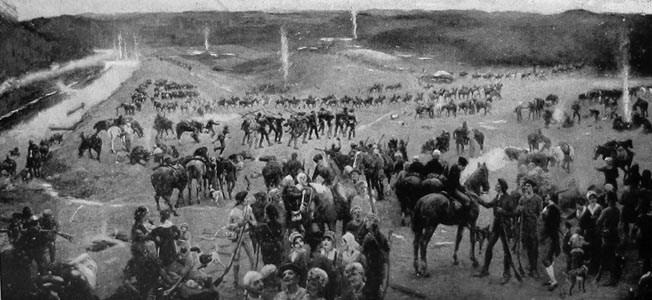
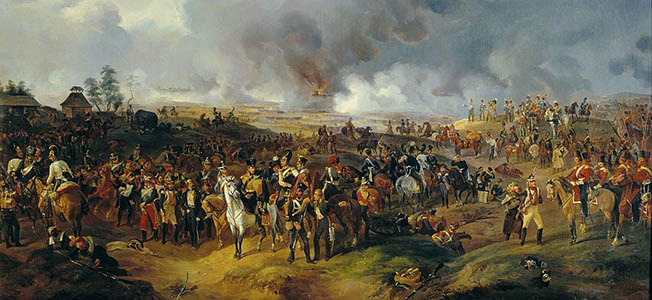
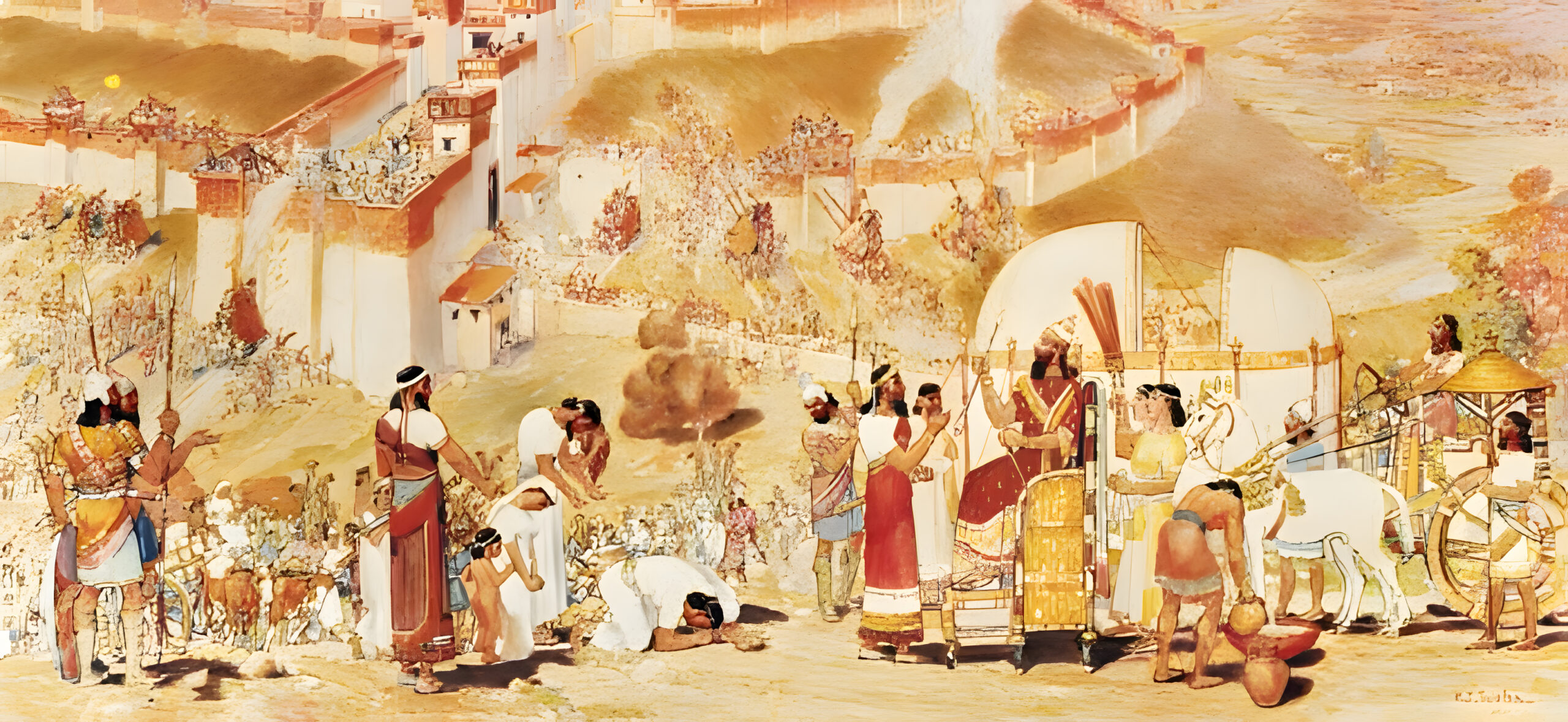


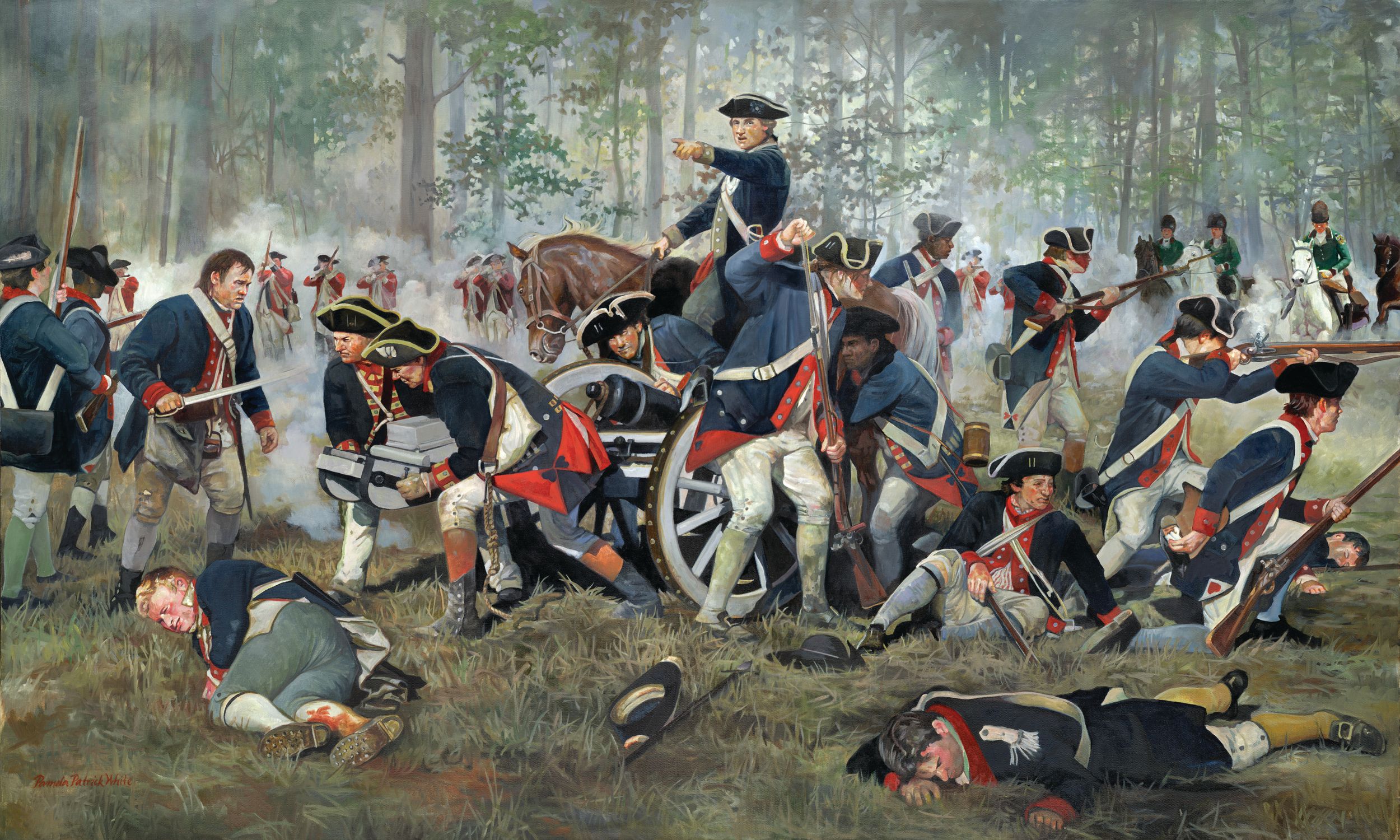

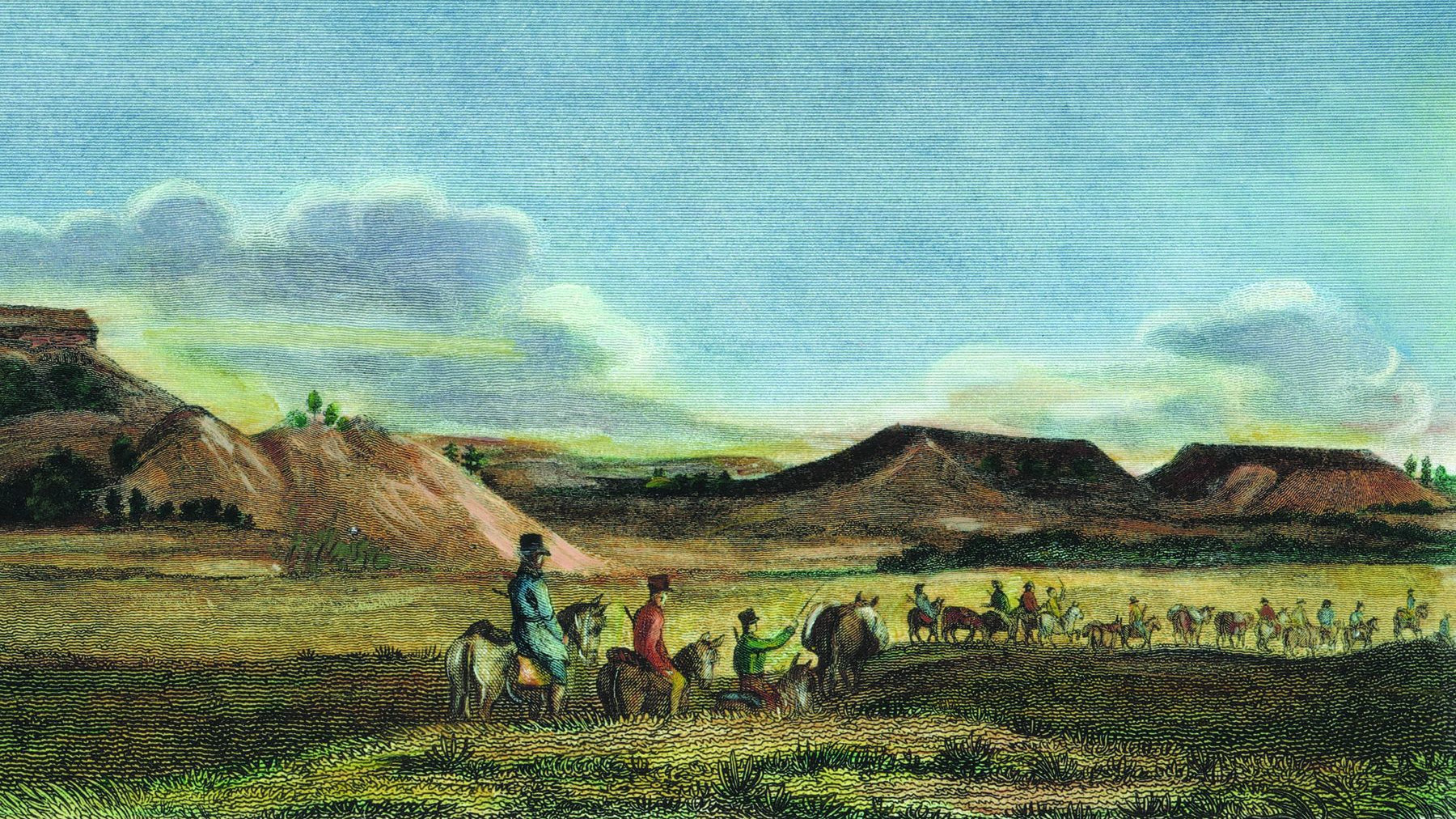
Your illustration for this article either does not show Saladin and Richard, or, if it does, shows them doing gsomething that never happened. Elsewhere this picture is described as showing the King of Jerusalem, not Richard, surrendering to Saladin after Hattin. But I have seen it also described as Richard and his troops surrendering their weapons to Saladin after signing the truce ending the Third Crusade. No such surrendering happened. The Crusaders left undefeated after several victories.